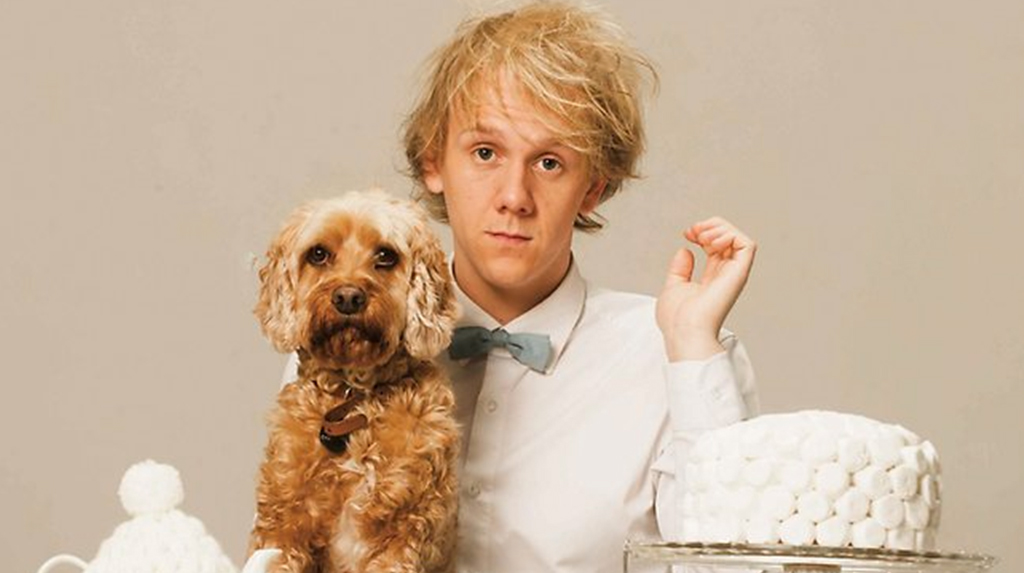
LGBTI Diversity and Inclusion in Australian Media
Like many of the new and emerging areas of LGBTI inclusion and diversity practice, media holds a special place in Australian society.
Australian media can play an important role when it comes to the depiction of characters in TV shows and films. Just like the portrayal of a powerful female boss (think Jessica Pearson in Suits) is impactful, so too is the depiction of LGBTI people in roles or even occupations that do not conform to historical stereotypes.
And whether it’s the use of superseded, inaccurate or stigmatising language, such as hermaphrodite rather than intersex, tranny rather than trans or transgender or sexual preference rather than sexual orientation, or the perpetuation of damaging stereotypes, such as the historically limited, highly sexualised and often mis-gendered portrayal of trans people, there is a strong argument to be made that a lack of inclusive practice and LGBTI awareness in Australian media can lead to a harmful portrayal of our community, not to mention the impact that then filters through to the lived experience of LGBTI people in Australian society.
In an incredibly insightful article, 18-year-old Melbournite, Shaad D’Souza, examines the state of play when it comes to diversity on Australian television.[1] D’Souza recognises the impact of shows like Please Like Me on the ABC, which features a gay protagonist played by show creator, Josh Thomas – a well-known and openly gay Australian comedian. And, since the beginning of this year, the SBS has piloted and heavily promoted The Family Law, a TV adaptation of Benjamin Law’s memoirs of the same name. Benjamin Law is of course another gay Australian icon and one who frequently draws on his story and perspective, including his Chinese heritage, in his creative works.
D’Souza poses a number of important questions in his article, which are not the focus of this post.
At Pride in Diversity, the important question we would ask is: “What impact does a lack of diversity in television and other media programming have on our community, or even the Australian media industry itself for that matter?” We have similar conversations with our member organisations, who together represent most of the significant employers in the country. In a “typical” business environment, where an organisation’s values do not visibly embody those of its customers and the community, including the LGBTI community and its allies, there is a significant commercial impact, comprised of some or more of the following:
- A diminished capacity to form meaningful client/customer relationships with LGBTI identifying people and their allies
- Difficulty attracting, but more importantly retaining, the most talented people
- The impact on the perception and/or reality of the culture or brand of the organisation as one that that is not diverse and inclusive
Another increasingly important consideration is the fact that an investment in diversity and inclusion, beyond gender (for a discussion of gender diversity in the context of LGBTI inclusion, click here), is becoming inevitable – including for some of the reasons identified above. So the discussions we have with organisations who are thinking about becoming members of Pride in Diversity are not around “if” they will invest in LGBTI inclusion initiatives, but rather “when” and “how” they will invest in those initiatives.
The number and diversity of the organisations who are members of Pride in Diversity has exponentially increased over the course of 2015, with elite professional sporting bodies such as the National Rugby League and retail brands such as Westfield Shopping Centres, opening new and exciting portfolios and industries for LGBTI inclusion initiatives in partnership with Pride in Diversity.
Is Australian media next? And who will be first or the leader in this space?
Australian media has a lot to gain by investing in a systematic and meaningful approach to LGBTI inclusion, and doing so would have a tremendous impact on Australian society at large, particularly at such a crucial time in our history with the transformation of LGBTI legal rights in Australia. D’Souza mentions the $5 million investment that Screen Australia have announced to address gender imbalances on Australian screens; organisations or representative bodies in Australian media ought to consider investing a minute fraction of that amount in LGBTI inclusion and diversity initiatives as well.
Pride in Diversity take a ‘deep dive’ into an area of focus in LGBTI inclusion every year, which culminates in an annual publication – previous publication titles include “Let’s Talk Gender” and the “Employer’s Guide to Intersex Inclusion”. Please contact the Pride in Diversity team for more information.
[1] https://junkee.com/diversity-on-australian-tv-is-still-pretty-terrible-whose-job-is-it-to-fix-that/70710
Featured image is Josh Thomas, creator and star of the incredibly funny Please Like Me on the ABC.
